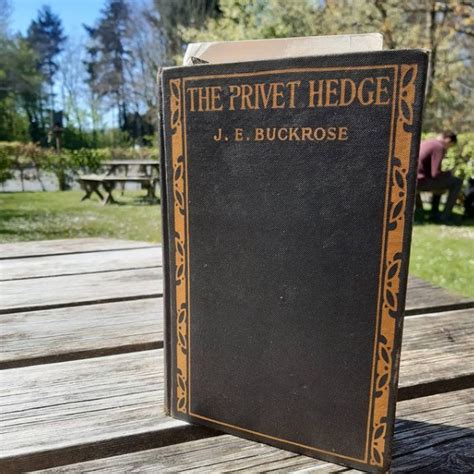A Quote by Maggie O'Farrell
Something that had an enormous influence over my relationship with language was my stammer. I had a really bad stammer in my childhood and adolescence, and that imbues you with two things. First, a hyper-sensitivity to grammar, because a stammerer will have problematic sounds, impossible verbal stumbling blocks. Second, writing is just such a joy when you have a problem with speaking. It's so astonishing to watch language coming out of your pen without any hesitation or dysfluency.
Quote Topics
Adolescence
Any
Astonishing
Bad
Because
Blocks
Childhood
Coming
Coming Out
Enormous
First
Grammar
Had
Hesitation
Hyper
Impossible
Influence
Joy
Just
Language
Out
Over
Pen
Problem
Problematic
Really
Relationship
Second
Sensitivity
Something
Sounds
Speaking
Stammer
Stumbling
Stumbling Block
Stumbling Blocks
Things
Two
Two Things
Verbal
Watch
Will
Without
Writing
Your
Related Quotes
Everybody prays whether [you think] of it as praying or not. The odd silence you fall into when something very beautiful is happening or something very good or very bad. The ah-h-h-h! that sometimes floats up out of you as out of a Fourth of July crowd when the sky-rocket bursts over the water. The stammer of pain at somebody else s pain. The stammer of joy at somebody else's joy. Whatever words or sounds you use for sighing with over your own life. These are all prayers in their way.
I still have a stammer. I hate it; I loathe and despise it. But it's always there, and I have lots of ways to conceal it. I can conceal it now but I'm not good on the telephone. I get my husband to make dentist appointments. And I hate live radio. Hate it. I really try to avoid it at all costs. But it's always there. Stammerers become skilled at sentence construction and synonyms: we have to be. Faced with a problem word, we need to have instant access to eight others we could use instead - ones we could say without stumbling. I think my stammer is a huge part of my being a writer.
Something I always tell students is, when you're writing something, you want to write the first draft and you want it to come out easily in the beginning. If you're afraid to say what you really have to say, you stammer. When you're thinking of your listener, that's when you start stuttering and it's just because you're nervous that your listener is passing judgment.
When you speak a foreign language, you become someone else. If you aren't used to speaking a language, and you start speaking it again, for the first few sentences you'll find yourself in very strange shape, because you're still the person who was speaking the first language. But if you keep speaking that language, you will become the person who corresponds to it.
there are - as every one knows - two kinds of writing: one coming out of your vitals and the other from the top of your head. The first is the only sort from which any true private pleasure can be gained, for it is a way of getting something out of life which seemed to be there in childhood, when childhood is quite over.
It took a pretty drastic moment to shift my thinking towards visual arts. I got to a moment in my writing career when I wasn't trusting the language, I was really not trusting the written language, the English language. How do you work with a material that you don't have trust in? I had to step away from it and find another way of articulating and I had to do it without words.
I think, in a way, I invented the term 'fight club' and that these things have always existed, but they never really had a label. Nobody had a language to apply to them. I created that language in two words and I've been paid a great deal of money for inventing two words and labeling something that has always been around.
I have a funny relationship to language. When I came to California when I was three I spoke Urdu fluently and I didn't speak a word of English. Within a few months I lost all my Urdu and spoke only English and then I learned Urdu all over again when I was nine. Urdu is my first language but it's not as good as my English and it's sort of become my third language. English is my best language but was the second language I learned.
Language designers want to design the perfect language. They want to be able to say, 'My language is perfect. It can do everything.' But it's just plain impossible to design a perfect language, because there are two ways to look at a language. One way is by looking at what can be done with that language. The other is by looking at how we feel using that language-how we feel while programming.




































